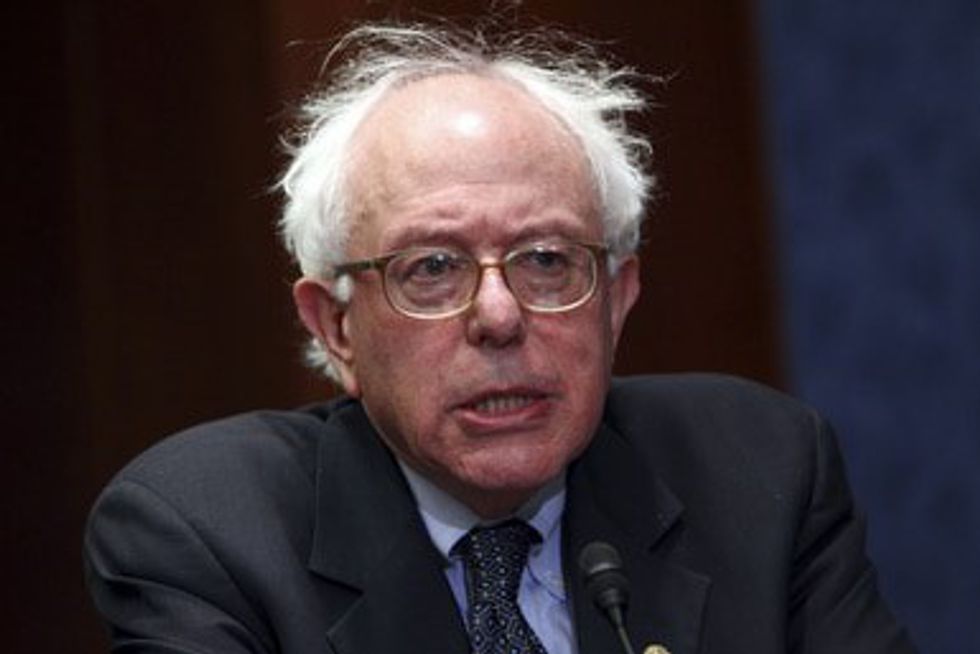Although I am not a Donald Trump fan, I am beginning to question Bernie Sanders' campaign claims as well. The idea of "free college" sounds intriguing to just about anyone, especially someone like myself who is pursuing higher education. The problem is there is no such thing as "free" college. There is going to be a cost or consequence, even if it is hidden, no matter what Bernie Sanders is telling you.
Bernie Sanders is simply trying to catch the attention of as many U.S. citizens as possible, which is expected. However, he is sending a false, exaggerated message to those who want to attend college, but who also cannot afford the cost of tuition.
Now, let us keep in mind that Bernie Sanders is not the first presidential candidate to announce his plans to offer "free" college tuition to the public. The infamous Barack Obama had the same vision once upon a time, and this caused a great deal of controversy. Therefore, I give Bernie Sanders credit for bringing this proposal to the public eye once again. Unfortunately, the odds are against him.
It would have been much more believable if Bernie Sanders simply suggested that he will work to lower the average college student's "debt," but to claim he will eliminate all costs is quite unreasonable to say the very least. The public does not realize that if Bernie is successful in his plan, hypothetically, a new issue will arise. If students are no longer forced to pay for their higher education, then who will? Taxpayers. That is who. The cost of college will continue to grow, and that is what Bernie is not telling you.
For example, California has the most inexpensive community colleges in the nation. During the recession, the budget for higher education took a massive hit. Community colleges had no choice but to turn away a total of close to 600,000 students. Free college will cause enrollment to skyrocket, which can be viewed as a plus because this means that our workforce will soon welcome new highly-skilled workers. However, the consequence will likely outweigh this potential outcome. If too many students enroll, the price of each of these students will quickly multiply and result in a shortage of resources.
Have you ever took a second to realize how getting your high school diploma is not as glorified as it used to be? It is becoming more and more difficult to obtain a decent paying job with the only credential you have being a typical Core 40 diploma or GED. Nowadays, higher education is what gets you that high-paying job and that house on the hills. It only makes sense for there to be a cost associated with getting your Associate's, Bachelor's, or Master's degree.
Another issue that may arise with this change to "free" college is that there will potentially be a misuse of funds. I am currently attending Indiana University South Bend, and I have seen fellow classmates of mine drop out after their first and second semesters. Bernie Sanders wants to make college free for everyone, but what if that turns into the U.S. wasting resources we cannot afford to waste? Unfortunately, over 50% of students entering community college today need remedial classes and a lot of them end up dropping out. Why fight for free education for every U.S. citizen when not everyone is prepared to pursue a higher education?
The United States cannot afford such a big-ticket expense. And frankly, a degree is well worth the investment you are required to make, no matter how small or large.

























